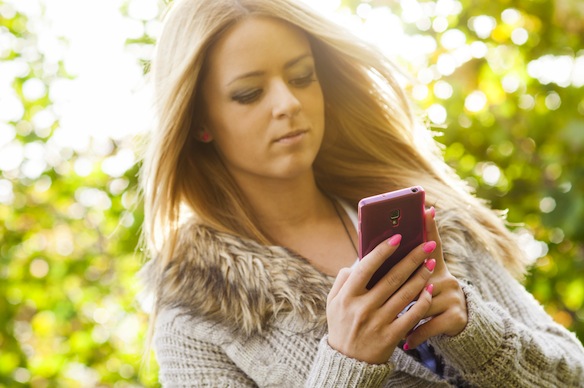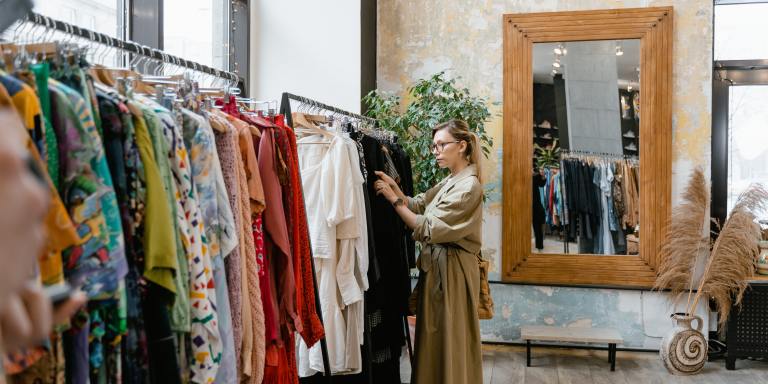I have a super power, and so do you. Within my fingertips, I hold the power to instantly make anyone feel anxiety. All it takes is a simple text. To ask a classmate when the next paper is due or tell a relative that I’m in a bad mood. I could inquire after a friend I haven’t seen in two years, even though I’ve never been curious enough to hit dial. But any super power has its downside, and technology is no exception.
The cell phone is just another fixture in our human tool belt to exhibit the automaticity that anxiety provokes. A tool that often functions like a third arm, where not having it within our reach is comparable to phantom limb syndrome. As a society, we’ve unlearned how to be alone. We can’t drive anywhere without reaching for our gadgets at red lights or sit in the dentist’s office and day dream about lunch.

When clinicians critique increasing cell phone use, their opinions are often seasoned with language of connectivity. We’re too connected, they cry, or not connected enough. The question absent from our language, however, is how we’re connected. Via text, we’re often communicating our immediate reactions to life. And reactions access the feeling part of ourselves rather than the part that can do the hard thinking.
This automatic functioning was great for survival in our evolutionary heritage, but not so great when we’re navigating a relationship instead of fleeing from predators. When we react, we often over-function rather than challenge others to take responsibility for themselves. We jerk a friend into an emotional triangle when we’re too distraught to confront another. We distance ourselves from family, but we also immerse ourselves in a togetherness that passes emotion from person to person like an apocalyptic epidemic.
The ugliness of cell phone anxiety manifests itself worst in romantic relationships. Constant dialogue through texting leads to more diversity in interpretation than speech with tone and affect, making no space for a person to take responsibility for their own emotions. And when there’s no immediate response, the imagination takes over and anxiety is a monkey riding around on a person’s back until the phone chirps in response.
When I work with clients, I ask them to what it would look like for them to take responsibility for their own emotions when they’re alone. Texting is great for gathering quick facts from another person, but for conveying feeling, the action easily becomes the slice or prod of a weapon. Being able to sit with sadness is an invaluable tool for adulthood, and so is the ability to have a conversation with yourself. So wrap some crime scene tape around your emotions and don’t be afraid to play detective before you pin it on someone else. Don’t whip out your cell phone for sentencing before considering that you might be the culprit.
There are healthier methods of distraction that do not involve other people. Be mindful. Look up at the sky and sniff the air on a busy street corner. Be imaginative. Write some fiction in your head about your favorite TV characters. And if you need that human to human contact, hit dial. A phone call allows the other person control over when and where they can process with you. A text only ignites the spark of their own reactivity. You may not be patient zero, but you can be responsible enough to make space for your thoughts and quarantine the emotional creature within who demands immediacy. We’re our best selves when we have the space to think and the ability to sit comfortably in our own skin. ![]()





